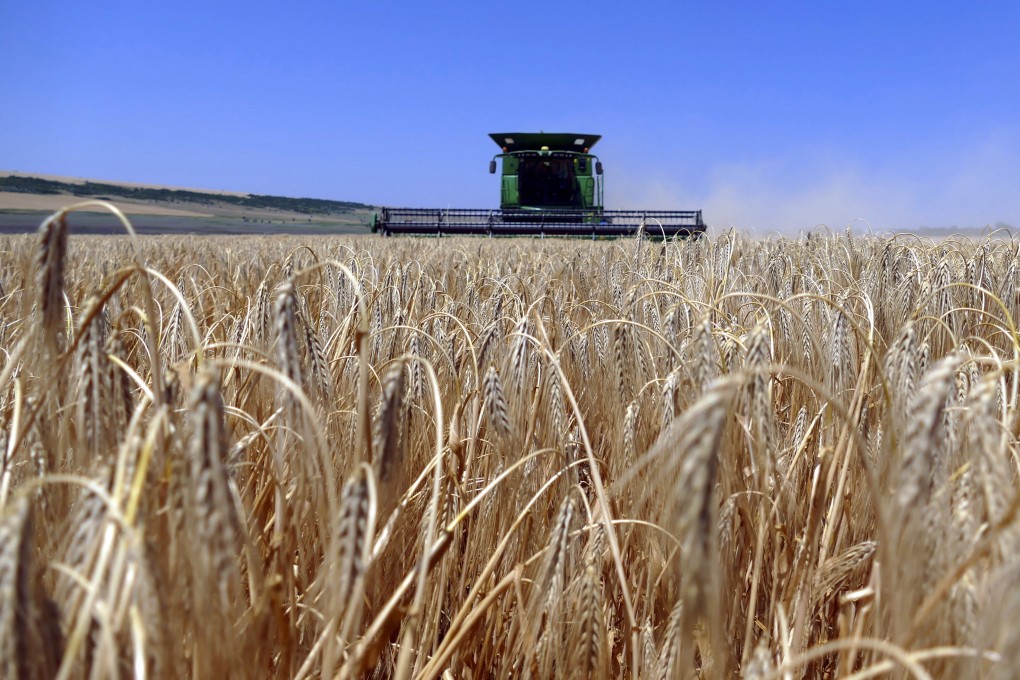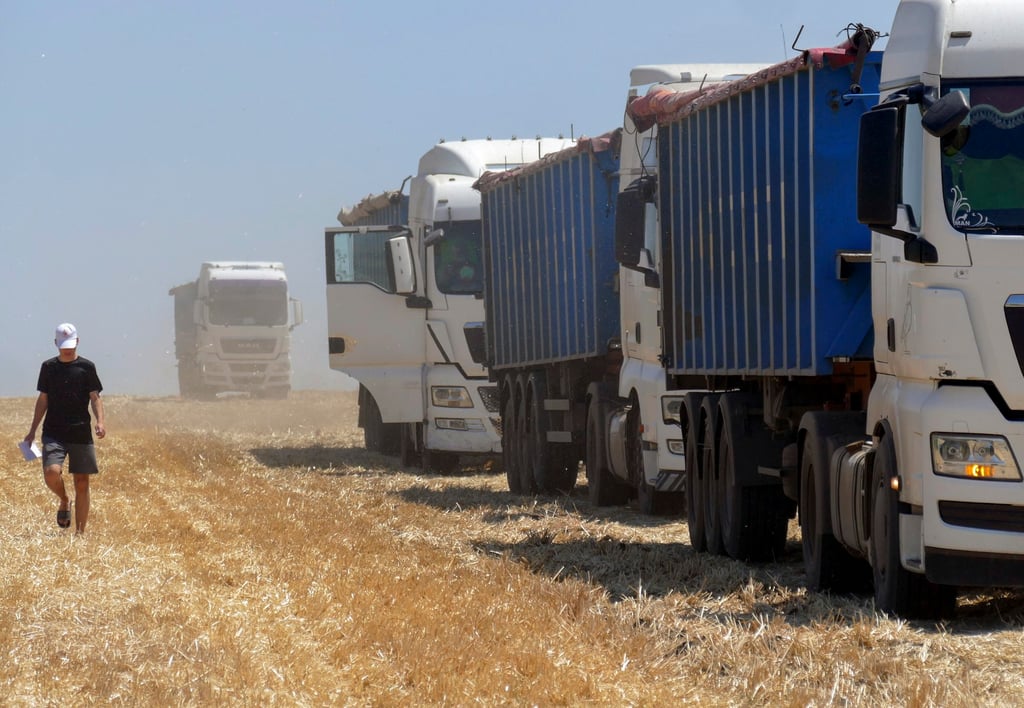Advertisement
Ukraine’s grain supplies to Asia shrink as ‘lifeline’ Black Sea deal expiry looms
- Limited supplies from Ukraine, one of the world’s most productive agricultural regions, could drive up food prices as the deal nears expiry on July 18
- Moscow says there are no grounds for an extension or renewal of the deal as most of Ukraine’s agricultural goods have gone to ‘well-fed countries’
Reading Time:4 minutes
Why you can trust SCMP
12

Ukraine’s grain shipments have been halted ahead of the expiry of a Black Sea deal with Russia this month, throwing into uncertainty food supplies to Asia from one of the world’s most productive regions and threatening to drive up prices.
The Black Sea deal, which was brokered by Turkey a year ago, allowed Ukraine to send agricultural goods from its seaports despite its war with Russia – but Moscow has said there are no grounds to further extend the deal beyond its July 18 expiry date.
“Our agricultural shipments have stopped completely in the last 14 days as Russian authorities have stopped inspecting our shipments to allow them for export,” said Alex Lissitsa, CEO of Warsaw-listed agricultural company IMC.

IMC owns 120,000 hectares of land in Ukraine close to the Russian border, on which it grows corn, wheat and sunflower. It usually ships half of the corn output to China, and also sends produce to Pakistan, India and Bangladesh.
Advertisement
About 90 per cent of the war-torn country’s agriculture exports were routed through the seaport of Odesa, which was kept open under the Black Sea deal. However, Russian authorities would only allowed agricultural cargoes to pass after inspections.
‘Lifeline’ deal
The United Nations says the Black Sea deal has been a “lifeline for food security” as it enabled the export of 32 million tonnes of grain to 45 countries across three continents.
Advertisement
Advertisement
Select Voice
Choose your listening speed
Get through articles 2x faster
1.25x
250 WPM
Slow
Average
Fast
1.25x